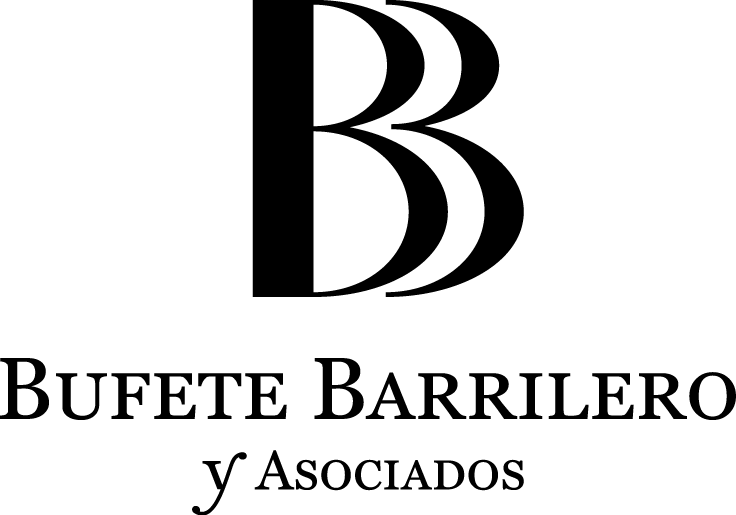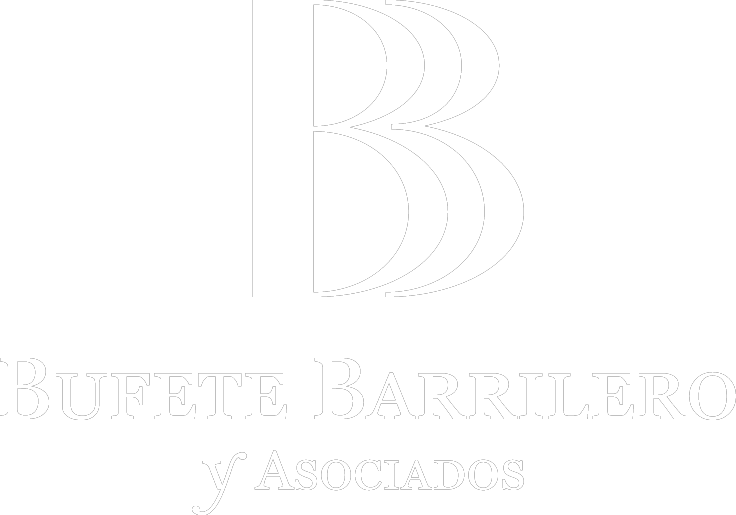INTERNATIONAL
Rossella lo Galbo
Artificial Intelligence (AI) is set to have significant implications in the field of employment and labor relations.
Impact on Employment
First and foremost, there is widespread concern about the potential impact of implementing AI systems in companies on employment levels. While AI undoubtedly represents progress in improving working conditions and production systems, it also raises fears among workers and unions about potential job losses due to technological innovation.
Privacy Concerns
AI can enable more transparent and efficient management, including identifying individual career paths. However, its use must be approached cautiously to avoid compromising employee privacy. This is especially relevant given Article 4 of Law 300/1970, which prohibits employers from remotely monitoring workers’ performance using technological tools. AI systems operating autonomously and non-transparently could exacerbate existing risks of performance evaluations based on personal data obtained unlawfully.
Employer’s Discretion vs. Regulatory Compliance
The adoption of AI in employment relations falls within the discretion of business decision-making, reflecting economic freedom in managing and structuring enterprises. However, such use must align with national and European regulations. The recent EU Artificial Intelligence Regulation classifies certain AI systems as “high risk” while allowing their use under strict conditions (Article 6, para. 2, and Annex III, para. 4).
Health and Safety Evaluations
Another critical issue relates to Article 5 of Law 300/1970, which prohibits employers from directly assessing an employee’s fitness or health conditions. Evaluations must be conducted by public entities or specialized professionals, and automated AI systems in this context may be deemed unlawful. These assessments require a medical professional’s discretion, which cannot be replaced by algorithms analyzing unrelated factors, such as absenteeism or lifestyle habits.
Balancing Human Judgment and AI
AI adoption can bring significant benefits if integrated responsibly. It should complement rather than replace human judgment, particularly in decisions such as workload distribution, promotions, incentives, task assignments, or revocations. As outlined in Article 14 of EU Regulation 2024/1689, such decisions must remain under human oversight.
Ethics and Social Impact
While AI is a powerful tool for enhancing efficiency and innovation, it also introduces ethical and social challenges. Its inherent intrusiveness into areas beyond mere employee performance and professional capability assessments underscores the importance of addressing its use thoughtfully.
In conclusion, AI’s integration into the workplace must prioritize ethical considerations and ensure that ultimate accountability and merit-based judgments rest with humans. A carefully supervised application of AI can drive substantial benefits while respecting individual rights and preserving the human element.


